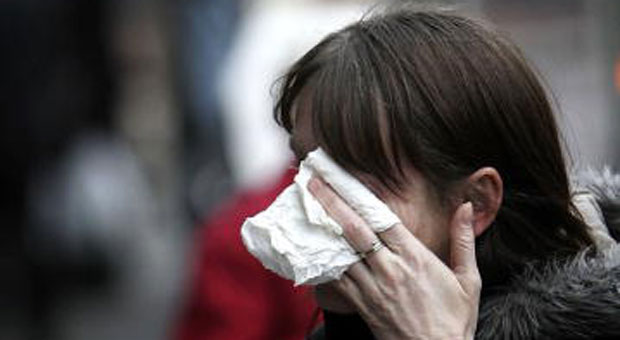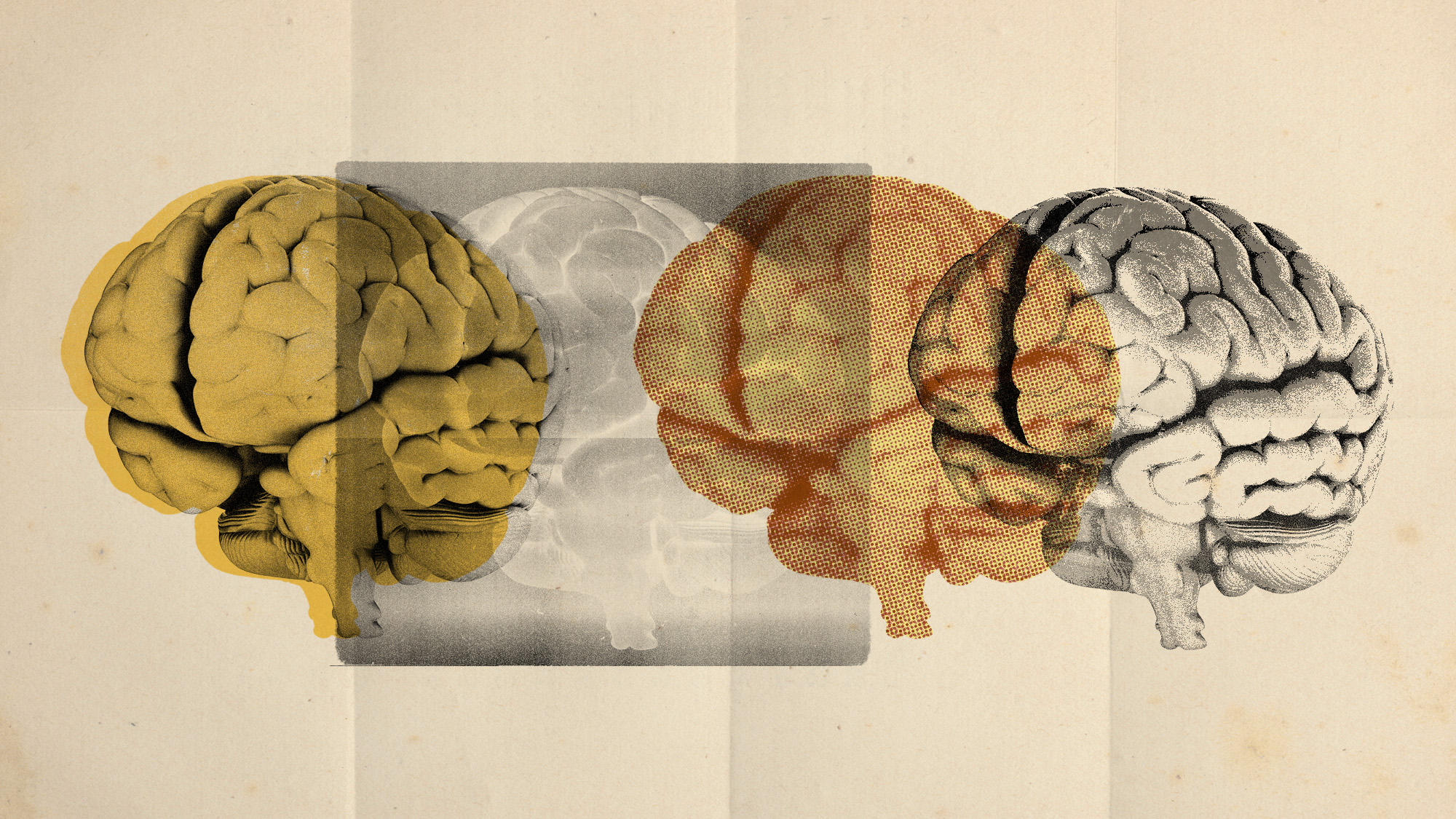How the UK’s Mental Health Act is failing vulnerable people
Independent review suggests improved rights for people detained under the Act

A free daily email with the biggest news stories of the day – and the best features from TheWeek.com
You are now subscribed
Your newsletter sign-up was successful
An independent review of the UK’s Mental Health Act has recommended sweeping reforms to restore rights to patients.
The 50,000 people a year who are sectioned under the legislation should be able to set out how they want to be treated and challenge doctors’ decisions about them, said the year-long review, which was led by Professor Sir Simon Wessely, former president of the Royal College of Psychiatrists.
The review said patients detained in a psychiatric unit need a “major extension of their rights” because being locked up can be “traumatic” and “damaging”, reports The Guardian.
The Week
Escape your echo chamber. Get the facts behind the news, plus analysis from multiple perspectives.

Sign up for The Week's Free Newsletters
From our morning news briefing to a weekly Good News Newsletter, get the best of The Week delivered directly to your inbox.
From our morning news briefing to a weekly Good News Newsletter, get the best of The Week delivered directly to your inbox.
There also needs to be an end to the “burning injustice” whereby people from ethnic minorities are disproportionately sectioned, the review concluded.
Black people are “four times more likely to be detained” under the “outdated” Mental Health Act than white people, in a legal process that allows patients to be kept on a secure ward and treated against their will, it said.
The review argues that police cells should never be used as places of safety. It found that police transported around 10,600 patients to places of safety in England in 2017-18, compared to ambulances, which took about 9,300 people. And “on more than 400 occasions, those who were mentally ill were detained in police cells”, reports The Daily Telegraph.
Wessely said: “It's not fair people are put in the back of police vans like criminals rather than go in an ambulance to hospital like everyone else. You will no longer be held in a police cell, there should be a proper place of safety for everyone around the country, not a prison.”
A free daily email with the biggest news stories of the day – and the best features from TheWeek.com
The review suggests a number of ways in which the Mental Health Act could be brought up to speed, with a focus on patients being given more power over their future.
Currently, “a person who has been sectioned or is at risk of being sectioned can express views about how they want to be treated when they are detained”, says HuffPost. But there is little in place to ensure that their views are respected.
In the wake of the review, commissioned by Theresa May in 2017, the Government has announced it would be advancing legislation to enact two of the review’s 150 recommendations.
That includes new rights for patients to challenge doctors’ treatment decisions at a tribunal, and to nominate who should make decisions about their treatment and detention.
However, “these changes do not directly address the systemic issues experienced by black and minority ethnic patients”, says The Independent.
Paul Farmer, chief executive of the mental health charity Mind, said thousands of people have been left too long without support, become severely unwell and then experience poor treatment under the Act, only to be left living with the consequences.
“The recommendations to strengthen people’s rights, empower them to question decisions about their care, choose their treatment and involve friends and family have the potential to make a real difference to those who are in an extremely vulnerable situation,” he said.
-
 5 blacked out cartoons about the Epstein file redactions
5 blacked out cartoons about the Epstein file redactionsCartoons Artists take on hidden identities, a censored presidential seal, and more
-
 How Democrats are turning DOJ lemons into partisan lemonade
How Democrats are turning DOJ lemons into partisan lemonadeTODAY’S BIG QUESTION As the Trump administration continues to try — and fail — at indicting its political enemies, Democratic lawmakers have begun seizing the moment for themselves
-
 ICE’s new targets post-Minnesota retreat
ICE’s new targets post-Minnesota retreatIn the Spotlight Several cities are reportedly on ICE’s list for immigration crackdowns
-
 ‘Longevity fixation syndrome’: the allure of eternal youth
‘Longevity fixation syndrome’: the allure of eternal youthIn The Spotlight Obsession with beating biological clock identified as damaging new addiction
-
 A real head scratcher: how scabies returned to the UK
A real head scratcher: how scabies returned to the UKThe Explainer The ‘Victorian-era’ condition is on the rise in the UK, and experts aren’t sure why
-
 How dangerous is the ‘K’ strain super-flu?
How dangerous is the ‘K’ strain super-flu?The Explainer Surge in cases of new variant H3N2 flu in UK and around the world
-
 RFK Jr. sets his sights on linking antidepressants to mass violence
RFK Jr. sets his sights on linking antidepressants to mass violenceThe Explainer The health secretary’s crusade to Make America Healthy Again has vital mental health medications on the agenda
-
 The ‘menopause gold rush’
The ‘menopause gold rush’Under the Radar Women vulnerable to misinformation and marketing of ‘unregulated’ products
-
 The app tackling porn addiction
The app tackling porn addictionUnder the Radar Blending behavioural science with cutting-edge technology, Quittr is part of a growing abstinence movement among men focused on self-improvement
-
 Scientists have identified 4 distinct autism subtypes
Scientists have identified 4 distinct autism subtypesUnder the radar They could lead to more accurate diagnosis and care
-
 'Wonder drug': the potential health benefits of creatine
'Wonder drug': the potential health benefits of creatineThe Explainer Popular fitness supplement shows promise in easing symptoms of everything from depression to menopause and could even help prevent Alzheimer's